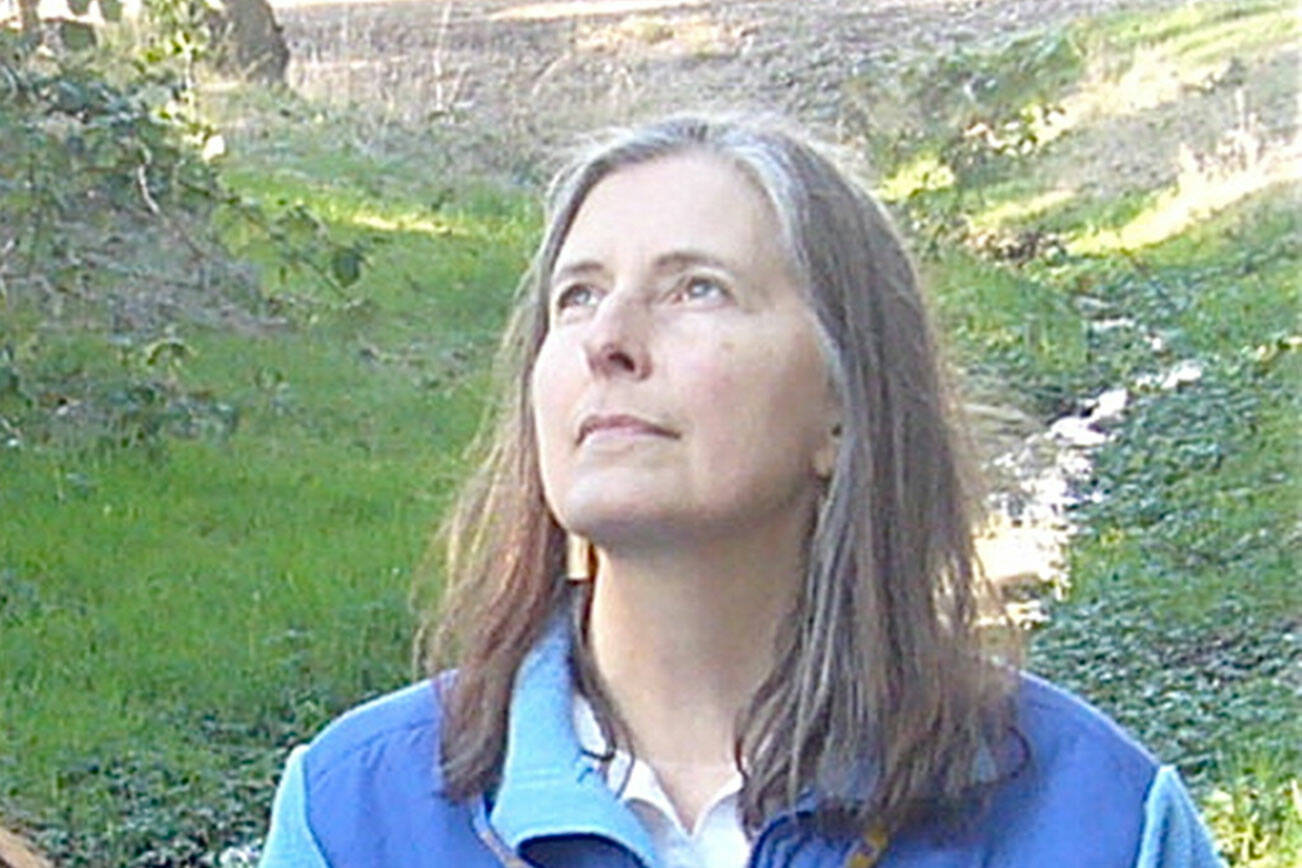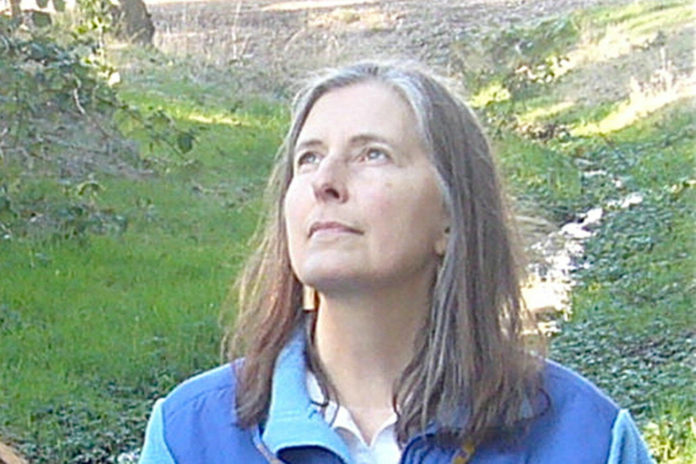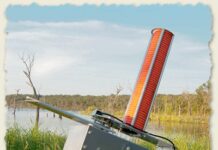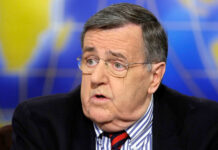
After 30 years in education, sixth-grade science teacher Gay Roselle has retired from McMurray Middle School.
Although Roselle is now facing her first fall in decades without a back-to-school date looming, she has no plans to stop working.
“I look at retirement, maybe differently than some people, but the word I’m going to use is ‘re-tire,’ meaning putting new tires on my car to go in a new direction on a new journey,” Roselle said. “It doesn’t feel like I’m ending anything. It feels like I’m transitioning into something else.”
Roselle looks forward to new ventures but doesn’t plan to stray far from the classroom.
She is open to tutoring both elementary and secondary students on various subjects, substituting, and volunteering on McMurray science field trips.
“I love middle schoolers and I love their passion, but I was also looking for something where I could work with other talents that I have,” Roselle said, adding that she’d love to help kids get outdoors.
Prior to teaching, Roselle graduated from college with degrees in both biology and art and interned at the Pacific Science Center (PSC) during the 1980s as a graphic designer.
“I knew I wanted to be involved in an organization that was committed to science education,” she said.
Eventually, she transitioned into the educational department at PSC and later went to graduate school at the University of Washington for her teacher’s certificate. She briefly worked at the Renton School District as an English Language Learner teacher, and as a kindergarten teacher, before applying to work as a science specialist at the now closed Burton Elementary School.
One year later, she transferred to McMurray.
One of the highlights of Roselle’s career at the middle school has been a decade of leading a citizen science project, studying macroinvertebrates and stream quality — a unit co-run by Vashon Nature Center director Bianca Perla.
The unit changes shape every year as the research progresses, however, the focus is always on stream bugs such as stoneflies and the health of local streams, specifically Shinglemill Creek.
Because of the work by Roselle, Perla, and her many students, the stream health and quality of Shinglemill Creek has significantly improved.
“It was a dream that I’ve always wanted students to have,” Roselle said. “We look at the problems in the world, but then what are the ways that you can change that, and what are some solutions you can look at?”
Roselle is happy that Charlie Ralston, the teacher who will take her place at McMurray, will continue the long-standing macroinvertebrate unit next year.
She will also still be actively involved in preserving the island’s environment through volunteer work, she said. Just last weekend, she said, she shared her experiences about stream health indicators at Lelavision’s Indicator Species event at Mukai Farm & Garden.
“When I was in middle school, I remember we learned about the problems in environmental science, but we didn’t learn about the positive things we could do, so I am definitely going to be volunteering for Vashon Nature Center, because I really like their ways of getting people connected,” Roselle said.
The concept of connection has always been important to Roselle’s teaching philosophy — not only with nature but also with and between her students. While teaching a mixed classroom of special-ed students and gifted students, she noticed the kindness the kids expressed toward one another.
“It was one of the most rewarding experiences of looking at a classroom as a microcosm of society,” Roselle said. “Everybody’s gifts were recognized.”
Roselle cherished her time working with students, especially her 29 years with junior high students.
“When they’re given the chance to help each other, they really rise to the occasion,” she said.
The last few years of Roselle’s tenure at McMurray coincided with the ongoing COVID-19 pandemic, and the transition in and out of online learning posed new hurdles for her.
“It was a huge learning curve when we went online, but I actually enjoyed the challenge of that,” she said. “Our staff was incredibly supportive of each other.”
The pandemic also prompted Roselle to reflect on her career and her future.
“[Retirement] was something I’d been thinking about before COVID, but [the pandemic] was an opportunity to change course,” Roselle said.
Looking toward the future, for Roselle, includes looking at the past. When she was a college student, she put on an art show focused on charcoal paintings of large Alaskan animal faces, inspired by her time working at a cannery to pay for college.
“I fell in love with the tundra and the animals there,” she said.
Art is still an important part of her life, and though she isn’t sure how she’ll incorporate painting into her post-retirement life, she’s excited to revisit that side of herself.
“I’m really thankful to be able to have this opportunity to look at the years that I’ve taught, but also realize that I’ve put my creative energy into that and [am] now putting my creative energy into other aspects,” she said.
In addition to painting, Roselle is a poet who has worked primarily with a writing group led by poetry icon Merna Hecht.
Though she stopped attending meetings during the pandemic, she has continued to write and is excited to rejoin soon.
Roselle has had a full and rewarding career, and no matter what twists and turns her future has in store, she is looking straight ahead.
“There’s more to life than middle school,” she said.








